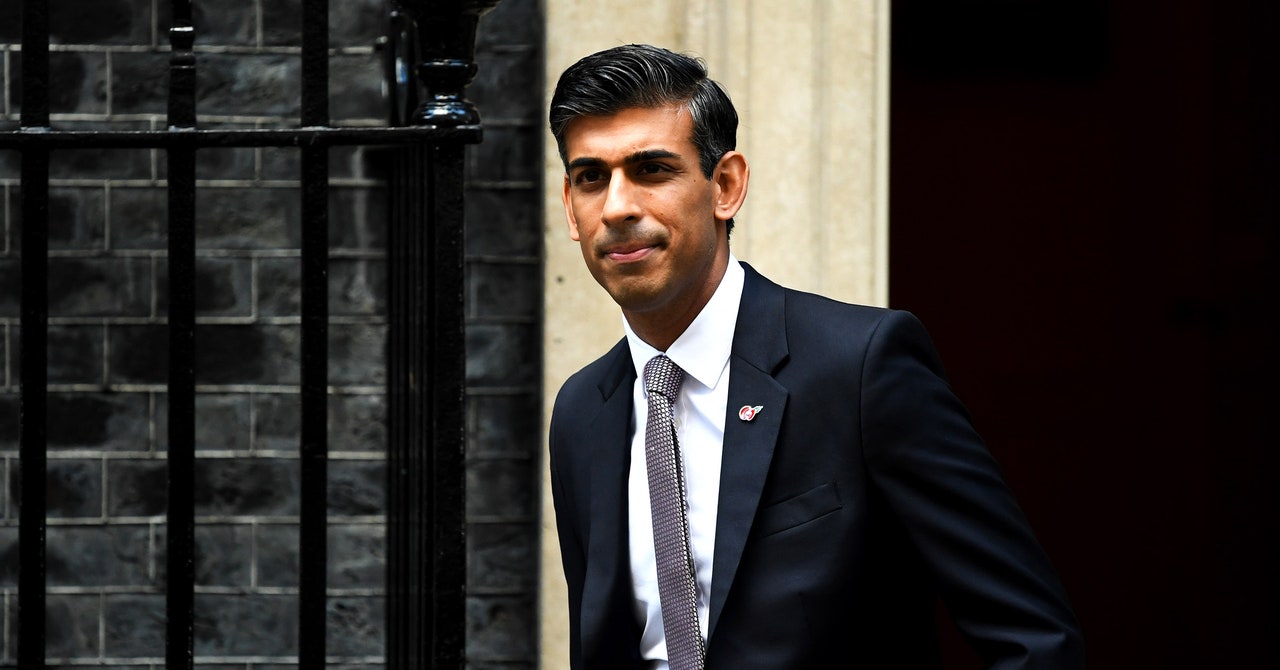The Sunak government’s desire to attract crypto could boost efforts to build a more inclusive regime for the industry. But it can also create competitive incentives. Critics of the government’s approach say they fear that speeding up regulation and giving the crypto industry too much room for maneuver could lead to decisions that expose consumers to risk, or ultimately long-running attempts to curb financial crimes, such as money laundering. and to undermine terrorism. financing.
The message lobbyists are “getting into the ears” of politicians is that crypto needs tailor-made rules if the UK is to keep pace with financial innovation, said Martin Walker, director of banking and finance at the Center for Evidence Based Management, a non-profit organization that advises companies on management strategy. Walker, who provided evidence as part of a government crypto investigation in 2018, says a “fear-driven flexibility” toward crypto threatens a repeat of past boom-and-bust cycles in finance. “After the dot-com bubble, which brought a lot of fraud, and the 2007 financial crisis, driven by poor financial innovation, it is as if the lessons have been completely forgotten,” he says.
The British capital — derisively described as “Londongrad” or “Moscow-on-Thames” because of its willingness to take money from Russia and other pariah states — already has an unsavory reputation as a location for money laundering and other financial crimes, says Stephen Diehl, a crypto-skeptic commentator Inviting crypto into the herd would only give his critics more ammunition, “I don’t think the prevailing view is that we want to become a black money laundering operation,” he says.
Some in Sunak’s own party also disagree with his views on crypto. In May, a report by the Treasury Select Committee, a cross-party group of MPs, claimed that cryptocurrencies serve “no useful social purpose” and expose consumers to fraud and scams. It also claimed that crypto trading should be regulated as a form of gambling, not a financial service, or it could create a “halo effect” that gives the false impression of security.
To avoid glorifying crypto, the FCA has traditionally taken a cautious approach. “Given the magnitude of the damage, our view has always been that it is a high-risk investment,” said Matthew Long, Director of Payments and Digital Assets at the FCA. “We made it clear that people should be willing to lose their money.”
As the UK’s ability to lure crypto companies to its shores depends on the tenor of its eventual regulatory regime, there are concerns that the FCA may come under political pressure to relax its stance in developing a rule book.
Sunak’s plan, says McAteer, imposes a secondary and potentially “very dangerous” goal: economic growth. It creates an opening for political interference as the FCA sets the rulebook for crypto, he says, when it should be free to prioritize the public interest.
As long as there are few specific rules in the UK and political promises remain vague, that fear will remain amorphous and unspecific. It is unclear whether, for example, crypto companies will be able to get more lenient reporting requirements, be allowed to offer riskier financial products such as crypto derivatives, or be free to cut corners when storing clients’ crypto. But the idea that third parties could interfere with regulation is concerning, McAteer suggests, and regulators could come under pressure if they make decisions that distort the political agenda. The FCA will “be dragged before select committees and the Treasury,” says McAteer, and “criticized if seen as a stifling innovation.” The Treasury did not respond to a request for comment.
The FCA rejects the idea that government or corporate players might be allowed to puppeteer: “We are an independent regulator,” says Long. “Once our perimeter is set, we do our job, which is to create rules.”
But regulators’ ability to exercise their protective function, McAteer says, depends on their ability to quell industry appeal and differentiate themselves from political machinations. “It’s a very bad sign when there’s a confluence of hype and government pressure,” he says. “Then mistakes are made.”

